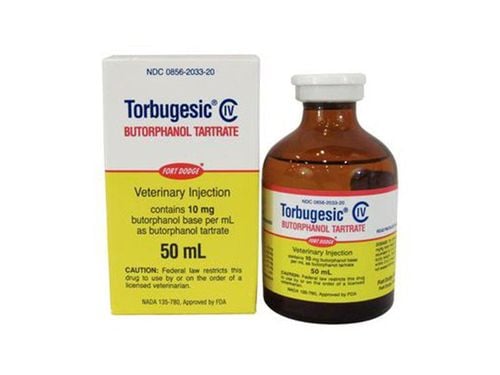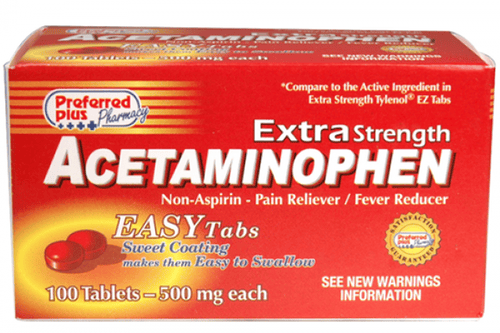This is an automatically translated article.
The article was written by Doctor Nguyen Ngoc Phuong Nam - Emergency Medicine Doctor - Emergency Department - Vinmec Central Park International General Hospital.
True vertigo (vertigo) is a motor hallucination, the patient feels objects revolve around the patient or the patient rotates around the object. Physiological dizziness can occur when the patient rides a train, a car... because the vestibular system has not yet adapted.
1. Symptoms accompanying dizziness
Nausea and vomiting. Loss of balance in gait and posture. Tilt illusion. Loss of spatial orientation. Look fluctuating. Loss of balance without dizziness.
2. Causes of dizziness
a) Peripheral causes
Benign paroxysmal postural vertigo Vestibular neuritis Herpes zoster oticus (Ramsay Hunt syndrome) Meniere's disease Labyrinthine concussion Open semicircular canal syndrome Cogan syndrome Vestibular disease recurrent auditory neuroma, aminogycoside antibiotic poisoning, otitis media b) Central cause
vestibular migraine Brain stem infarction Cerebellar infarction and hemorrhage. Chiari malformation Multiple sclerosis Peripheral vertigo of origin outside the central nervous system, particularly in the semicircular canals, accounts for >90% of cases of vertigo. The most common causes are benign paroxysmal positional vertigo, vestibular neuritis. Central vertigo of internal CNS origin accounts for <10% of cases of vertigo. Including stroke, migraine, tumor, demyelinating diseases.....

3. Laboratory tests to be performed
Perform necessary laboratory tests when the vertigo is strongly thought to have dangerous causes such as cerebellar infarction or stroke ... CT and MRI are two laboratory tests performed when suspected. The above dangerous acute diseases cause dizziness.
Also when doing other laboratory tests when other special diseases are suspected.
4. Treatment of dizziness
With acute and mild dizziness will usually go away on its own, sometimes without treatment
Dizziness with uncomfortable symptoms such as vomiting... will be treated with drug groups:
Antihistamines: Meclizine, Dimenhydrinate, Diphenhydramine Benzodiazepines: Diazepam, Lorazepam, Clonazepam, Alprazolam Antiemetics: ondansetron, Prochlorperazine, Promethazine, Metoclopramide, Domperidone Tanganil 500 mg (Intravenously divided into 2 times or IV phase) x 5-7 days Or Tanganil 500mg x 04 tablets/dayx 5-7 days. With vertigo with dangerous causes such as: brainstem infarction, cerebellar infarction, hospitalization is required for close monitoring and specialized treatment.
Department of Medical Examination and Internal Medicine - Vinmec International General Hospital holds specialized functions in the examination and treatment of diseases related to the central nervous system (cranial, meninges, brain, cerebral blood vessels, nerves in the skull, pituitary gland, spine, discs, spinal cord) and peripheral nervous system (nerves and ganglia outside the brain and spinal cord).
If you have a need for consultation and examination at Vinmec Hospitals under the nationwide health system, please book an appointment on the website for service.
Please dial HOTLINE for more information or register for an appointment HERE. Download MyVinmec app to make appointments faster and to manage your bookings easily.














